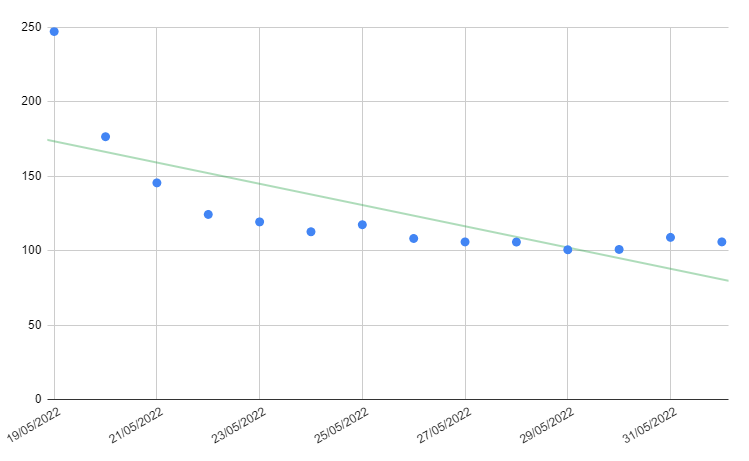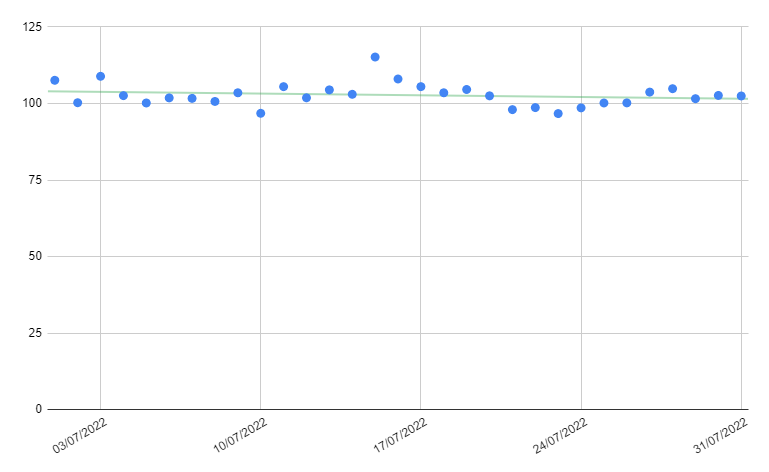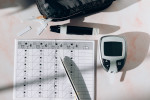One question I’ve seen often is : what glycemia numbers are good?
Generally speaking, only normals’ numbers make sense. And these vary depending on the source. But to simplify, for a non diabetic person, fasting glycemia should be < 100mg/dl. That’s your glycemia when you wake up in the morning. After a meal, a non diabetic shouldn’t have a glycemia > 140mg/dl.
That’s about it for the numbers. When it comes to diabetics, anything is possible and you can only compare to non diabetic numbers. And most likely you’ll be far from them, so the comparison makes no sense. It will just confirm that you’re diabetic. We know that.
As a diabetic, your glycemia will depend largely on on food, metabolism, time of the day, stage of diabetes, etc. You’ll have wider reactions to food, and most likely higher than normal fasting levels. It will be very difficult to compare to anything and get useful information out of it.
To me, asking what blood glucose levels should be is the wrong question. What’s important, given that you have diabetes and your numbers will be bad, is progression. If you measure your glycemia every day and often, you’ll start accumulating a history of readings. And the progression of these readings will tell you something very important: are you moving toward remission?
You can create daily averages and plot them to see your progress. Here is mine when I started last May 2022:

I started with a high daily average, and with a strict diet brought it down quickly to more sensible levels. To be sure, I drew a trend line (green).
Within a couple of months, I was happy to see numbers that looked more normal (with the occasional bad day). The trend line was nearly flat, just going down slightly over the month:

Your results will be different. You won’t start from the same stage of diabetes I did. You won’t have as strict a diet. Or you’ll have a stricter one. You might do more exercise. All these will have an impact on your readings. But the goal is the long term: bring down your readings to as close to normal as possible.



